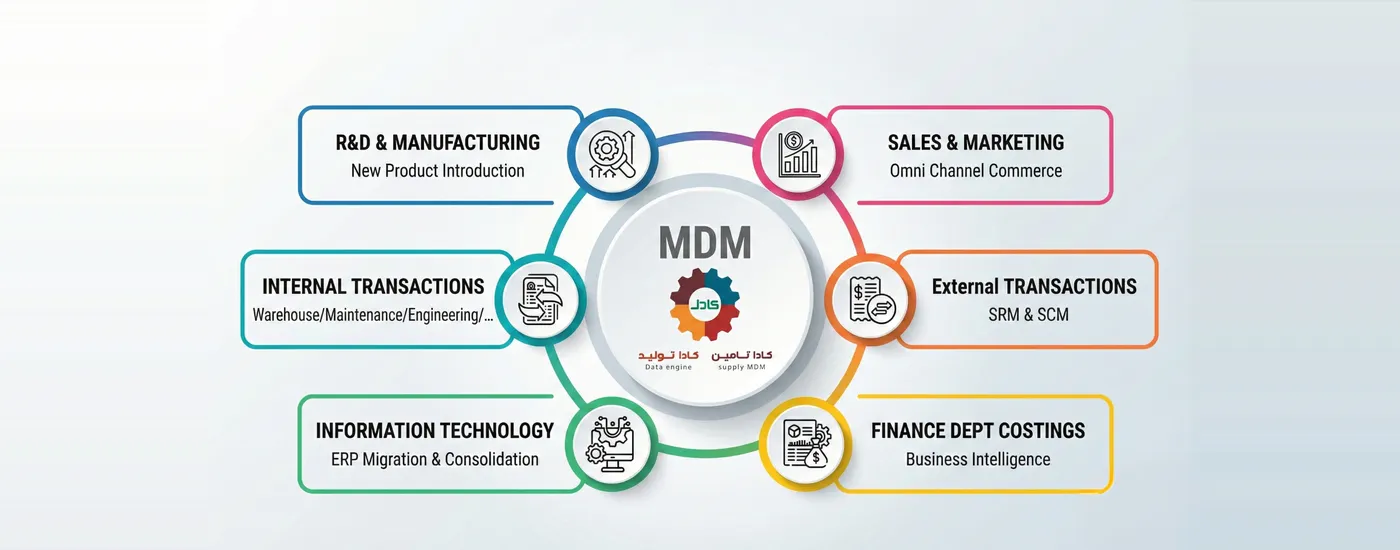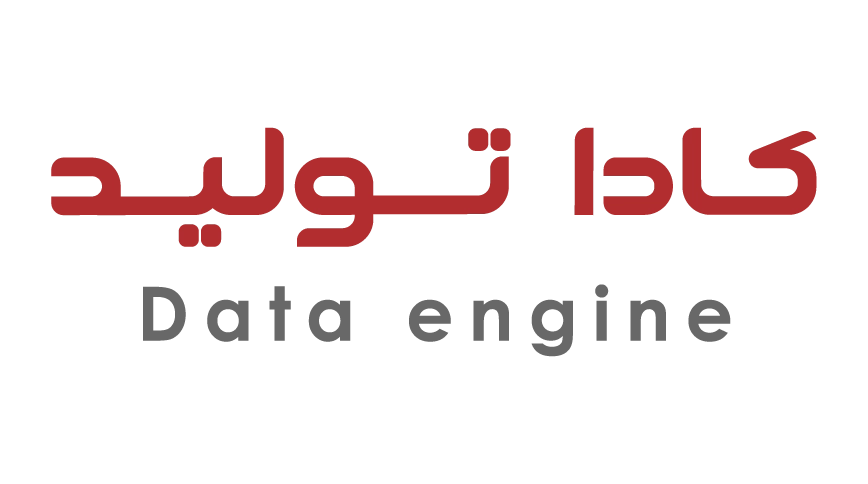
The role of CADA in organizational operational processes
An organization's operational and mission processes, including production, distribution, sales, purchasing, warehousing, repairs, finance, etc., always deal with a significant volume of goods, equipment, spare parts, and services. In the systems related to these processes, due to the need for complete and rapid support of the covered units, entity master data management (goods/services) or MDM is inevitable. This set of activities is not possible without having an appropriate logic for identifying and classifying information and producing technical information about entities. CADA assumes this responsibility in a fundamental, scientific, and technical manner and has abundant tools, information, and experience for that.
CADA's Achivement
The process of creating and developing CADA in recent years has been a forward and progressive path that has led to the growth and development of systems, information, executive procedures, organizational experiences, national experiences, organizational relationships and other valuable achievements. This result, today in the form of CADA systems, has a specific objectivity and can be used in the form of CADA products.
CADA's Achivement

Product Numbering
Creating initial code generation systems and using routines and instructions for coding and numbering products

Product Description
Creating second-generation software systems and using routines and methods for describing products for use in the operations of organizations (large and medium-sized) and national (country)

Master Data (MDM) for operations
Generating and updating uniform, uniform and standardized master data (master data) of decentralized items/services with a cataloging perspective based on centralized reference data (RD) for data governance functions in the organizational and executive environment National

The Big Picture of Data Aristocracy and Sovereignty
Generation and dissemination of master data (master data) of specialized supply chain items between organizations' operations (TD), intelligentization of supply and demand relationship, national SRM, national ranking, intelligent SCF and ...
The role of CADA in the country's goods/services supply chain
Creating and developing the CADABazar system and systematically and mechanizing the collection of technical and commercial information of the country's suppliers (manufacturers and importers) of industrial products to the consumption space and need for items in the country (current and projects), and in other words, creating two-way interactions between industrial products and items needed by the country's organizations in this field can fundamentally transform the country's industry and eliminate traditional routines without up-to-date information and little knowledge.


